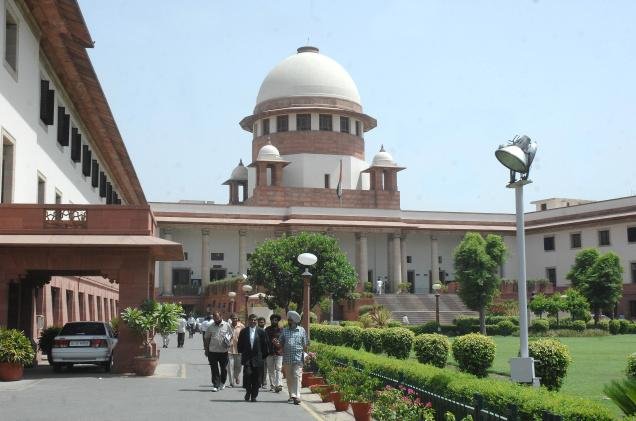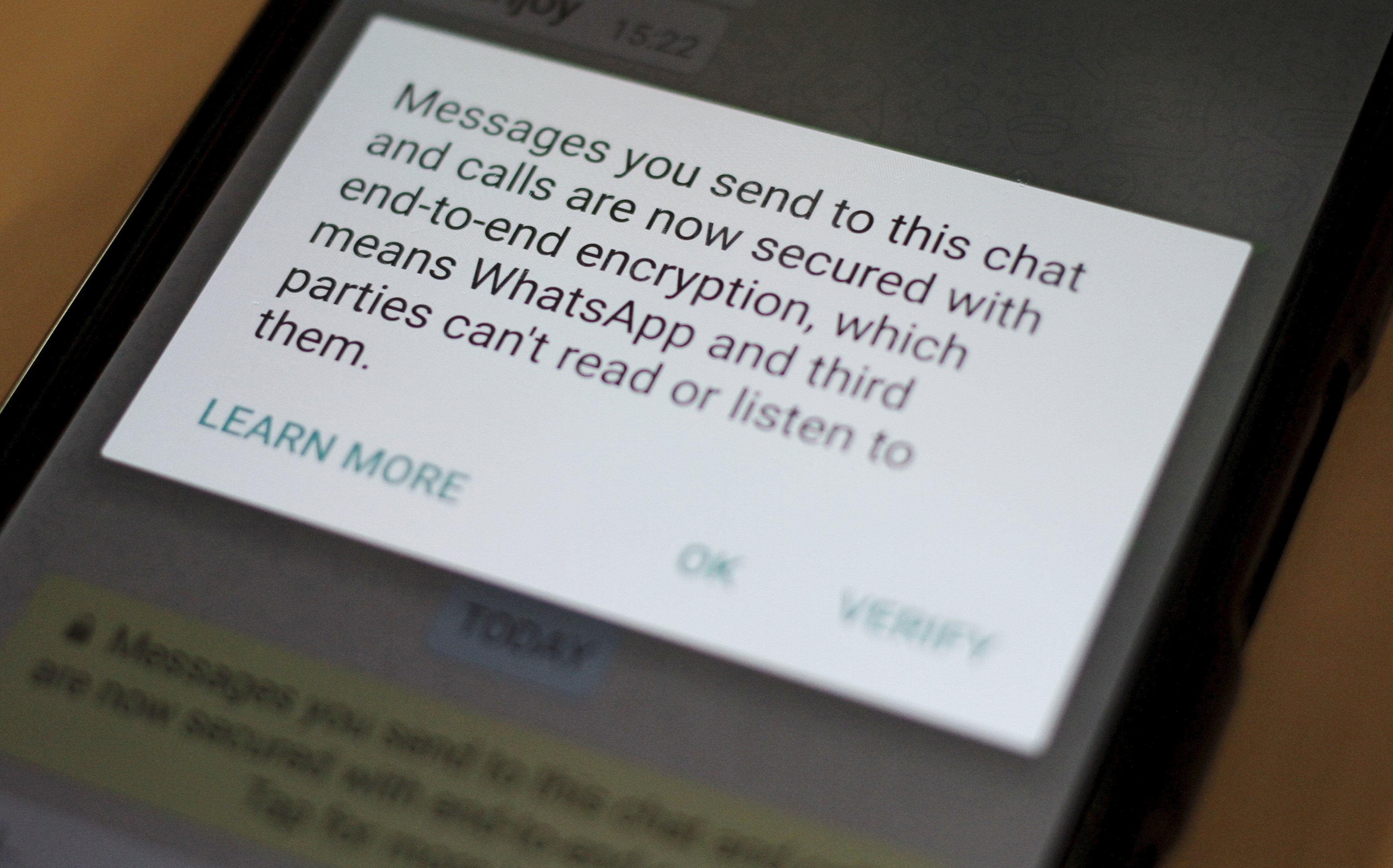The Supreme Court on Monday sought the responses of the government and Telecom Regulatory Authority of India (TRAI) on a plea seeking the framing of privacy policy to regulate commercial exploitation of private communication through social networking sites like WhatsApp and Facebook.

Why did it do that
Senior advocate Harish Salve appearing for a petition alleged that privacy of citizens has been infringed by the two platforms, which amounted to infringement of Articles 19 (Freedom of Speech and Expression) and 21 (Right to Life) of the Constitution.
The petition has also alleged that the social networking sites compromise the privacy of interpersonal communication of over 150 million people in the country.
What’s all the furore about?
The Guardian had reported on Friday that the Facebook-owned mobile messaging service WhatsApp is vulnerable to interception.

The report said that WhatsApp messages could be read without its billion-plus users knowing due to a security backdoor in the way the company has implemented its end-to-end encryption protocol.
How does that happen?
The system relies on unique security keys “that are traded and verified between users to guarantee communications are secure and cannot be intercepted by a middleman,” the report said.
But WhatsApp can force the generation of new encryption keys for offline users “unbeknown to the sender and recipient of the messages,” it said.
Tobias Boelter, a cryptography researcher at the University of California told the Guardian: “If WhatsApp is asked by a government agency to disclose its messaging records, it can effectively grant access due to the change in keys.”
Boelter said he had reported the backdoor vulnerability to Facebook in April 2016 and was told that Facebook was already aware of the issue but that it was not actively being worked on.
What has WhatsApp said?

The company said in a statement that it provided a “simple, fast, reliable and secure” service. It said there was a way of notifying users when a contact’s security code had changed.
“We know the most common reasons this happens are because someone has switched phones or reinstalled WhatsApp…. In these situations, we want to make sure people’s messages are delivered, not lost in transit,” it said in a statement.
But the Guardian said it had verified that the security backdoor still exists.
The paper quoted Steffen Tor Jensen, head of information security and digital counter-surveillance at the European-Bahraini Organisation for Human Rights, saying: “WhatsApp can effectively continue flipping the security keys when devices are offline and re-sending the message, without letting users know of the change till after it has been made, providing an extremely insecure platform”.
Facebook bought WhatsApp in 2014 but it continues to operate as a separate app.
(with inputs from AFP)
Feature Image Source: Reuters

















